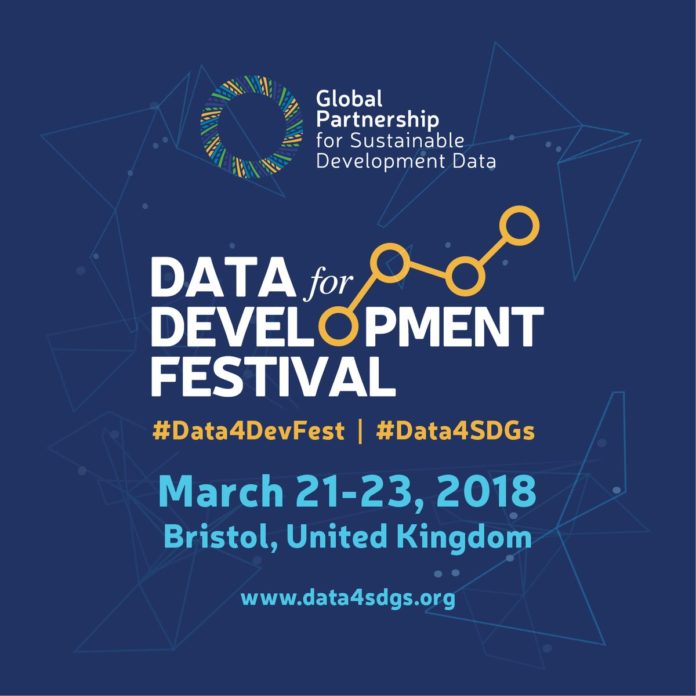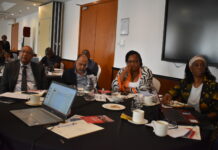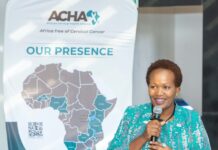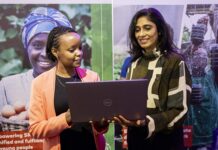By Winnie Kamau
As the World converges in a cold 5°celcius in Bristol city Southwest of England for the Data Development Festival, many are now keen to know what data can and what data cannot do in the wake of the unfolding saga of Cambridge Analytica.
In an uncanny way, the Cambridge Analytica saga which has fallen squarely on the shoulder of Ethical use of data has put many minds to work on how secure is our data and how data in the wrong hands can be catastrophic.
But the one rotten tomato in a bag full many beautiful tomatoes will not stop the showcasing of some of the amazing projects that are using data for good in order to achieve the Sustainable Development Goals (SDGs).
The Global Partnership for Sustainable Development Data (GPSDD) for the first time organized an event that brings all the partners to the table to not only connect but also share ideas they have been implementing and innovative solutions from around the world.
Also along the shared journey of challenges that are facing innovations in data. Some of the questions that will sort to be answered and are very key and timely in data are:-
Does privacy override all other concerns?
Should all software be open source?
Have Open data portals delivered and how can they be improved?
A face to face meeting adds more value to a conference call meeting which seeks to bridge the distance between people. I know this Festival will add more value to the Community of data enthusiasts.
One thing is sure is that even with the Cambridge saga the Demand for Data will rise out of curiosity and the Use of Data will rise in trying to test out the strength of data.
GPSDD and its partners did put up a 2.5M fund to support collaborative Data Innovations for Sustainable Development together with World Bank. I look forward to the showcasing of the 12 selected projects that are using innovation and data to help the communities as they seek to achieve the SDGs
1: Children on the Move: Using Satellite Data Analysis in Conflict/Famine-Affected Areas (Somalia and Kenya)
2: Scale up of the Pastoral Early Warning System in the Sahel (Niger, Mali, Burkina Faso)
3: Targeting Water Subsidies Based on New Data Generation Technologies (Angola)
4: Climate Change Mitigation Strategies for Dhaka (Bangladesh)
5: Assessing Forest Functionality to Provide Water Services (New Caledonia, Wallis and Futuna, Vanuatu)
6: Armyworm Research Using Remote-Sensing Methods (Malawi)
7: Bridging Development and Emergency Data Gaps for the Refugee Crisis (Uganda, Tanzania)
8: Participatory Mapping to Support Sustainable Energy for All in the Amazon (Ecuador)
9: Geomapping Barriers to Urban Service Access in Older Age (Kenya and India)
10: Digital Farm (Kenya, Tanzania, Uganda)
11: Supporting Equitable Disaster Recovery Through Mapping (Nepal)
12: Estimating and Mapping Off-Grid Populations (Sierra Leone, Liberia)














